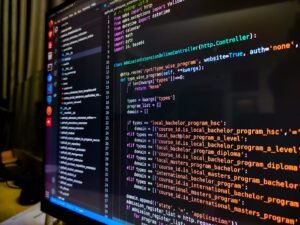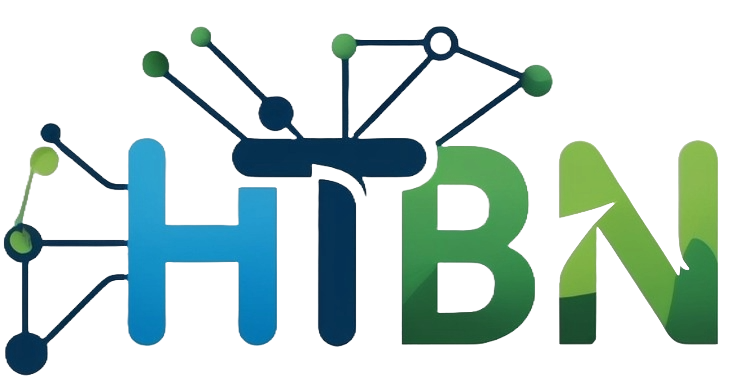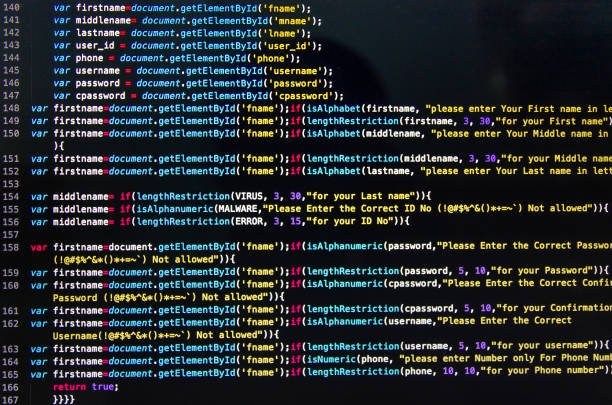Understanding the Foundation of Coding Etiquette
Developing a strong foundation in coding etiquette is essential for both novice and sage developers. Clean, readable code serves as the bedrock of effective programming, facilitating easier understanding and modification for oneself and others. This practice is vital because code that is structured clearly allows developers to quickly grasp the purpose and function of each segment. Thus, prioritizing readability ensures that anyone—regardless of their experience—can navigate the code efficiently.
Another integral aspect of coding etiquette lies in adhering to naming conventions. These conventions promote consistency and clarity in variable, function, and class names which is crucial for maintaining an organized codebase. For instance, variables should be named descriptively to convey their purpose, while function names should often include verbs, indicating the actions performed. By following established naming practices, developers can create self-explanatory code, reducing the cognitive load necessary to decipher meaning and intent.
Moreover, the necessity of proper documentation cannot be overstated. Comprehensive documentation acts as a guide for current and future developers working on the same codebase. It should include explanations of complex algorithms, program architecture, and any specific quirks that may not be immediately obvious from the code itself. Through thoughtful documentation, developers create a resource that aids collaboration, onboarding of new team members, and even revisiting one’s own work after a lengthy absence. Both novice and sage developers must appreciate these principles to cultivate an environment that encourages teamwork and promotes sustainable development practices.
Best Practices for Effective Collaboration
Collaborative coding environments thrive on the adherence to certain unspoken rules that facilitate teamwork among developers, whether they are novices or seasoned professionals. One of the primary elements of effective collaboration is the use of version control systems, such as Git. These tools not only allow teams to track changes but also enable multiple developers to work on the same codebase without stepping on each other’s toes. Familiarizing oneself with essential commands and branching strategies can significantly enhance coordination and prevent conflicts, thereby upholding the quality and integrity of the code.
Code reviews represent another cornerstone of successful collaboration. Engaging in structured code reviews helps identify potential issues before they escalate into more significant problems. This process not only serves to enhance the quality of the code but also provides an opportunity for developers to learn from one another. Constructive feedback is key—it’s important to highlight what works well while also addressing areas for improvement. Creating a culture where feedback is viewed positively can help all team members feel valued and supported, ultimately leading to better overall performance.
Effective communication is indispensable in collaborative environments. Both novice and experienced developers should feel comfortable sharing ideas and asking questions. Utilizing tools such as instant messaging platforms and project management software can streamline communication, keeping everyone informed and engaged. Moreover, it is essential to establish clear guidelines for communication to ensure that discussions remain productive and focused.
As teams navigate the complexities of coding projects, understanding and implementing these unspoken rules can create an environment that fosters not only high-quality code but also enhances team dynamics. A commitment to collaboration, open dialogue, and mutual respect among all developers will lead to more successful coding endeavors.
Fostering Continuous Learning and Adaptability
In the rapidly evolving tech landscape, fostering continuous learning and adaptability is an essential unspoken rule of coding that applies equally to novice and sage developers. The emergence of new technologies, programming languages, frameworks, and methodologies requires developers to remain open to change and committed to ongoing education. This adaptability not only enhances individual skill sets but also ensures that developers stay relevant in a competitive marketplace.
One effective strategy for fostering continuous learning involves actively participating in workshops and conferences. These events provide opportunities to gain insights into the latest trends and practices in the coding world. Furthermore, they serve as a platform for networking with peers and industry experts, thereby enriching personal and professional development.
Engaging in community discussions, whether through online forums or local meetups, can also cultivate a culture of continuous learning. Developers can share experiences, seek guidance on challenging issues, and collaborate on projects. Such interactions often yield valuable lessons and diverse perspectives that enhance coding skills and overall problem-solving capabilities.

Leveraging online resources is another crucial approach to self-improvement. Numerous platforms offer courses, tutorials, and coding challenges designed to help developers master new programming languages or frameworks. This flexibility allows individuals to tailor their learning journeys to fit their personal schedules and preferred learning styles, making education an integral part of daily life.
Additionally, embracing a mindset of curiosity and innovation fosters adaptability. Developers should not only focus on mastering their existing skills but also explore emerging technologies that may redefine the industry. By cultivating this proactive approach to learning, both novice and sage developers can navigate the complexities of coding with confidence, ensuring their skills remain relevant irrespective of industry advancements.
The Impact of Professionalism and Soft Skills in Development
The field of software development encompasses not only technical skills but also a variety of soft skills that can significantly influence a developer’s career trajectory. While coding proficiency is vital, the unspoken rules of coding extend beyond mere technical know-how. Essential elements such as professionalism, effective communication, and emotional intelligence play a pivotal role in fostering a collaborative and efficient work environment.
Effective communication skills are often underestimated in the realm of coding. Developers must articulate their thoughts clearly, whether they are explaining complex algorithms to team members or discussing project updates with stakeholders. A developer who can communicate effectively enhances team dynamics and ensures that everyone is on the same page, which is crucial for meeting project deadlines. This communication extends to active listening, where understanding coworkers’ perspectives can lead to better conflict resolution and idea generation.
Emotional intelligence, another critical component, allows developers to navigate the complexities of interpersonal relationships within the workplace. It involves recognizing one’s own emotional responses and empathizing with colleagues. For instance, when tensions arise over differing opinions on coding methodologies, an emotionally intelligent developer can mediate the conflict by validating feelings, suggesting compromise, and focusing on common goals. This skill is particularly important in Agile environments, where teams are required to adapt quickly and maintain morale.
Moreover, professionalism in all interactions, whether through email etiquette or participation in meetings, cannot be overlooked. Demonstrating respect for colleagues and taking ownership of one’s work fosters trust and reliability. Developers who understand and adopt these unspoken rules of coding are not only enhancing their individual career prospects but are also contributing positively to their team’s overall success. Real-world scenarios of collaboration underscore these principles, showing that a harmonious blend of coding expertise and interpersonal skills is critical for thriving in the technology sector.
May Be You Also Read

